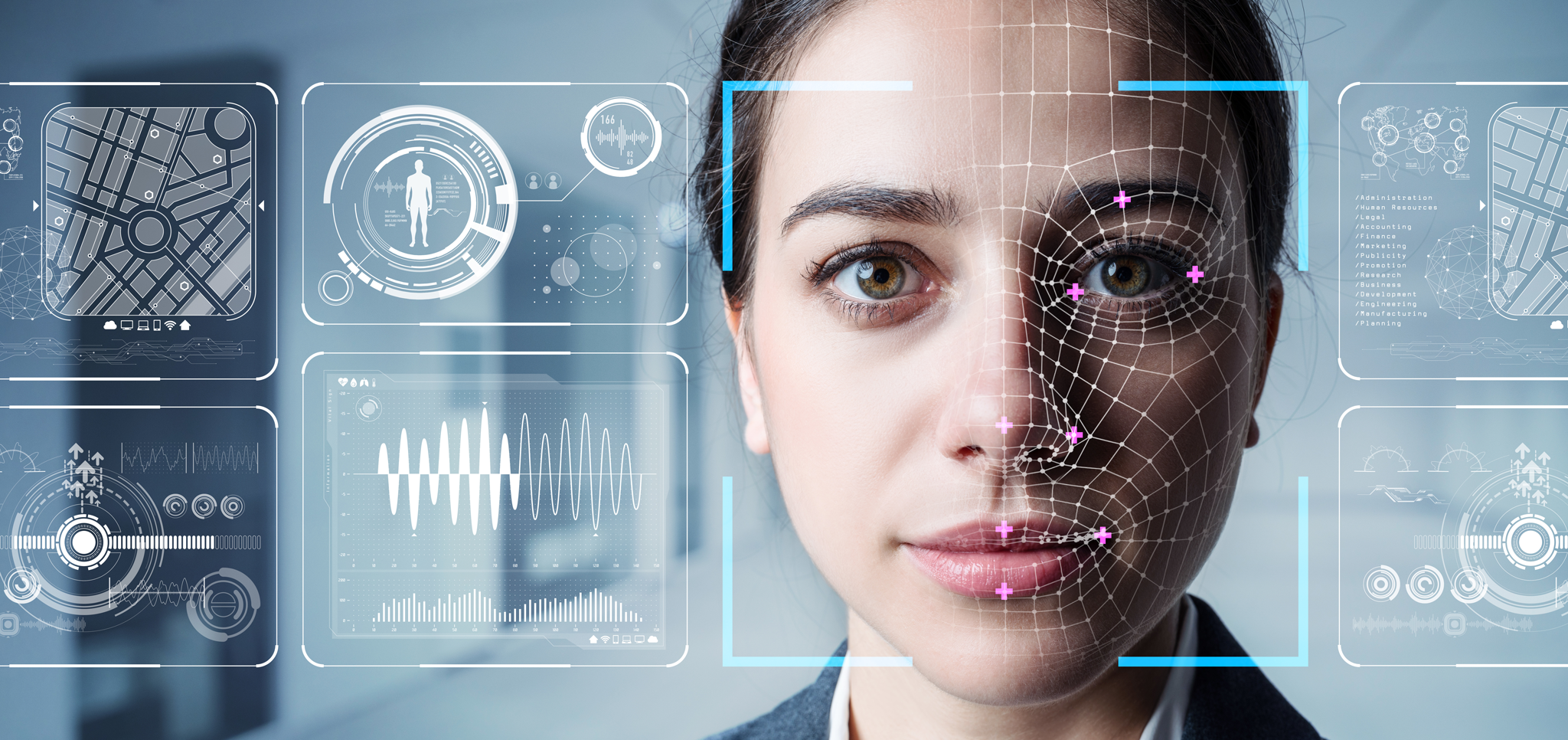SHORE® Medicine – Facial Analysis for Medical Applications
How is the patient feeling?
What’s wrong with them and how serious is it?
These are the basic questions in obtaining any patient’s medical history. To gauge the severity of the complaint, doctors consider not only the patient’s lifestyle factors, but also what they say. However, what if the patient is unable to verbally articulate what they are experiencing – perhaps because they are too young or because their medical condition prevents them?
Rapid advances in digitalization are opening up new possibilities in many areas, and medical technology is no exception. Artificial intelligence and new kinds of human-machine interaction strategies can fundamentally improve prevention, diagnosis and treatment. In addition, forward-thinking physicians are able to engage in a rapid, interdisciplinary exchange of ideas based on data that has been prepared specifically for this purpose. And their patients benefit from a swift diagnosis and tailored treatment options.
SHORE®, the software we developed for facial recognition and analysis of facial expressions, can provide assistance in both real-life and digital processes for taking a medical history. In medicine in particular, system decisions must be transparent, robust and understandable; first so that they generate findings that are as reliable as possible, and second so that they support clinical staff in making a diagnosis.
At present, our main research areas are geared toward recognizing the emotions of people on the autism spectrum, the reliable detection of action units as a basis for pain detection, the connectivity of different kinds of sensor-based data, and the traceability of decisions in neural networks.
